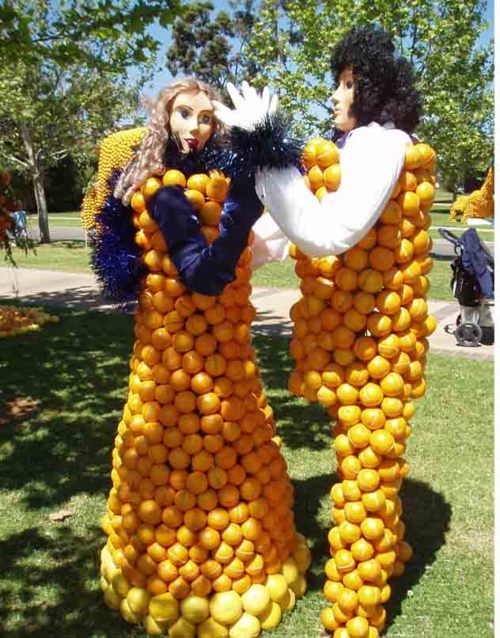“OLD MAN AND THE SEA” AND THE GRAPEFRUIT DIET
A friend put me on to a mystery writer I’d never read and I’ve just finished the first in a series featuring a female detective. The author has a clipped style so the novel moves at a brusque pace. Some introspection dots the story but mostly it turns on surface information as we peer through the eyes of an investigator who is tracking down a murderer.
The writer works in the tradition of Earnest Hemingway and Raymond Carver. The sentences are simple – subject/verb – and largely free of adjectives and adverbs. Much can be said for the elegance of this format which echoes the simplicity of the “King James Bible” but to be honest, after a while, I feel like I’m reading a long telegram. Books written in this fashion are great reads in the dentist’s office because they can be put down and reentered with ease. One couldn’t do that with a monologue from “Brothers Karamazov” and certainly not during the debate of good and evil between Hans Castorp and Settembrini in Thomas Mann’s “Magic Mountain.” Of course it’s unfair to compare a mystery novel with the works of Dostoyevsky and Thomas Mann. The latter two classics have been in the lexicon of our literature for almost 100 years.
I admit the brevity of journalistic writing which Hemingway exemplifies in his novel, “Old Man and the Sea,” has had a great influence in modern literature and frankly suits the mood of the times. I read recently that acronyms from text messages are creeping into everyday speech (“Yahoo News,” 2/9/11). Still, I miss the ride of a good Dickensian sentence now and again.

(courtesy: Griffith Festival of Gardens)
My point touches not only upon aesthetic values but also upon good brain function. In the famous “Nuns Study” that explored causes and symptoms of Alzheimer’s disease, researchers discovered that subjects who wrote complex sentences in their diaries suffered fewer symptoms of the disease than those who didn’t. Below are two examples to illustrate the difference.
Ex 1: My father — was born in Ross, County Cork, Ireland and is now a sheet metal worker in Eau Claire.
Ex. 2: My father is an all around man of trades, but his principal occupation is carpentry, which trade he had begun before his marriage to my mother.” (“Times Magazine,” “The Nun’s Study,” pg. 8, 5/14/2001).
Complex sentences seem to make the brain work harder, creating more synaptic reactions. So, for the good our minds, if nothing else, I say bring back the piquant styles of Henry James, or Dickens or Edith Wharton. Hemingway and his imitators are akin to life on a grapefruit diet.